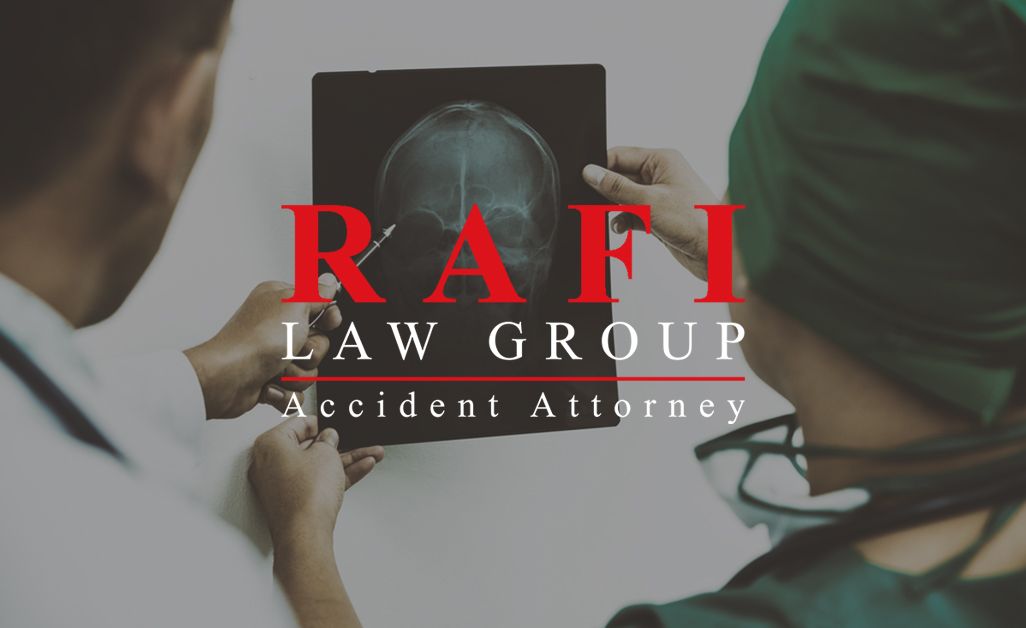The consequences of a traumatic brain injury (TBI) often last a lifetime and may even worsen dramatically as time goes on. Due to this reason, when you are filing a brain injury claim, you should not only demand compensation to help pay for the damages you have already experienced. You should also seek compensation for the damages you are likely to experience in the future, including the far future.
What are Past Damages in a TBI Claim?
Any damages you have already experienced or are currently experienced are the past damages for your traumatic brain injury claim. Economic past damages should be somewhat straightforward to calculate, as they are all based on incurred expenses or wages lost that can be reported on a bill, receipt, or payslip. Essentially, if you can get a hard copy of the damage, it is a form of economic damage.
Examples of commonplace past damages in a TBI claim are:
- Emergency medical care
- Extended hospitalization and treatments
- Wages lost due to being unable to work
- Property repair, such as after a car accident
Since the medical treatments required to try to mitigate the effects of a brain injury are quite specialized and in-depth, it is common for past damages in a TBI claim to be significant, ranging into the tens or hundreds of thousands of dollars. Keep a clear and concise record of your medical bills to allow your brain injury lawyer to more easily calculate your past damages.
What are Future Damages in a Brain Injury Claim?
As the name implies, future damages are any damages caused by your brain injury that have not yet been incurred. There is no perfect way to calculate future damages because the process is rooted in prediction and estimation. This is where the help of an experienced catastrophic injury attorney becomes extremely valuable. Using their insight, as well as information from your medical care providers and employers, your lawyer can estimate future damages with precision, rather than just guesswork.
Examples of future damages in a brain injury claim are:
- Continued medical care and rehabilitation: The lifelong symptoms of a brain injury may include memory loss, motor coordination reduction, speech debilitation, paralysis, and much more. Some of these symptoms may be alleviated to a degree through continued care and rehabilitative therapy. While this is obviously beneficial, it can also be quite expensive. Throughout the years, specialized therapy and subsequent hospitalization for a brain injury patient can cost hundreds of thousands of dollars if not more.
- Reduced ability to earn income: Living with a brain injury often makes every day a challenge. Taking care of yourself may be difficult and holding gainful employment will be even more of a struggle. Future damages listed in a TBI claim should consider the income you would have earned had you never had your accident, whether you are now unable to work entirely or if you have taken a less strenuous job position with lower pay.
- Pain and suffering: It is no stretch of the imagination to say that the consequences of permanent brain damage will cause you to experience chronic pain and debilitations. Losing your independence, mobility, and cognitive strength can also be understandably depressing, causing you to feel a significant lessening in your enjoyment of life. Such lasting harm can be calculated as noneconomic damages, which are damages that cannot be documented clearly using a bill or receipt. Sometimes, the noneconomic future damages portion of a TBI claim is the largest and yields the greatest amount of compensation paid to the claimant or plaintiff.
Looking to the Past & Future at Once
The key to a successful and fair brain injury claim is determining how much damage the brain injury has already caused and will likely cause the claimant. Only when both are considered and the compensation rewarded is a reflection of that combined calculation does the claimant have a chance to live their life as comfortably as possible. When you are searching for legal representation for your TBI claim, make certain your attorney understands the importance of factoring past and future damages.
Rafi Law Group is a personal injury law firm headquartered in Phoenix. Locals can call (623) 207-1555 for assistance with brain injury claims and lawsuits.


